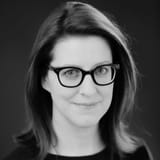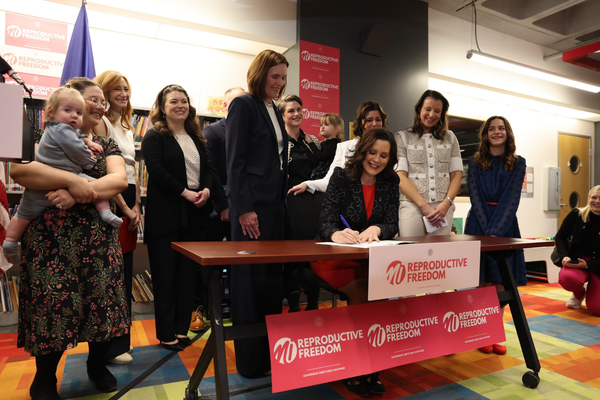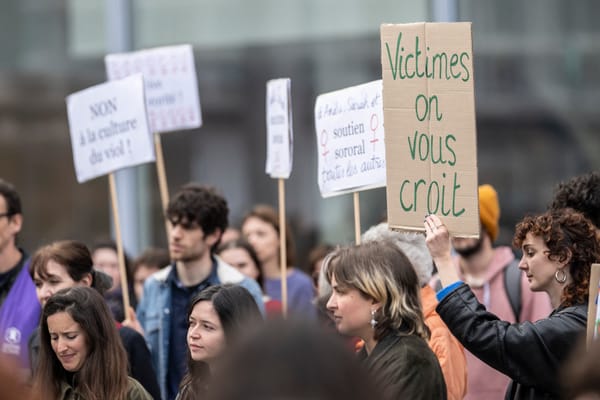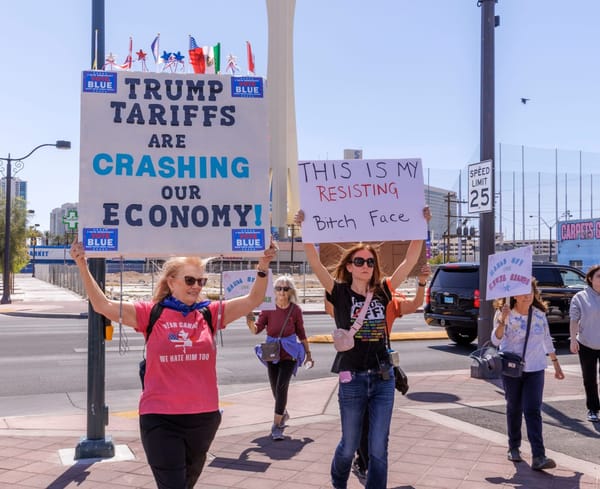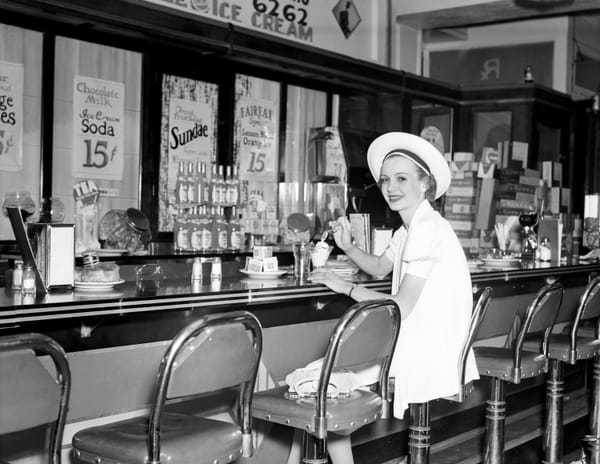Men Still Aren’t Reading Women’s Books. Can the Women’s Prize Help?
The author Kate Mosse co-founded the Women’s Prize for Fiction to shrink the gender gap in publishing. Twenty-nine years on, she says her work is far from finished.

If I ask you to name a handful of literary giants, which ones spring to mind first?
By any chance did you think of Virginia Woolf? How about Geraldine Brooks? Or George Eliot? Did you think of Alice Walker or Barbara Kingsolver? Edith Wharton or Toni Morrison? Chimamanda Ngozi Adichie or Eudora Welty?
No?
Or was your brain already filled up with the likes of Charles Dickens and Jack Kerouac, John Steinbeck and F. Scott Fitzgerald?
Of course there are countless women literary giants, but no matter how brilliant, their names are not usually the first that come to mind. And therein lies the problem.
Enter the Women’s Prize
Since its inception, the Women’s Prize for Fiction, which is now in its 29th year, (and the winner of which will be announced today) has aimed to correct that. It was founded not long after the 1991 Booker Prize failed to include a single woman on its shortlist. What was remarkable, Kate Mosse—the founder and director of the Women’s Prize—told me, was that nobody seemed to notice the Booker’s oversight.
Can you imagine, Mosse asked, if the Booker Prize had released an all-female list? “Everybody would have seen it as political and deliberate.” The minute you do what Mosse refers to as the “flip test,” it reveals how society and politics work.

